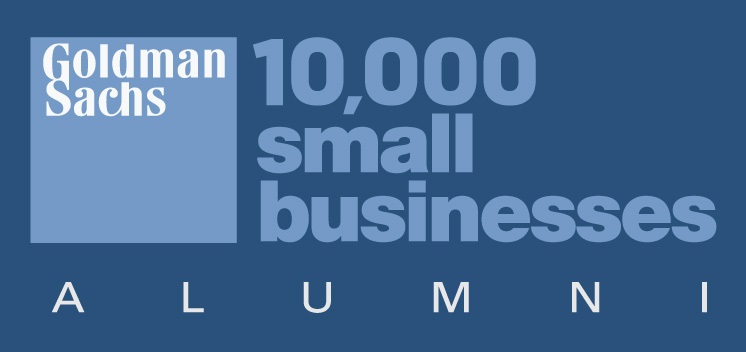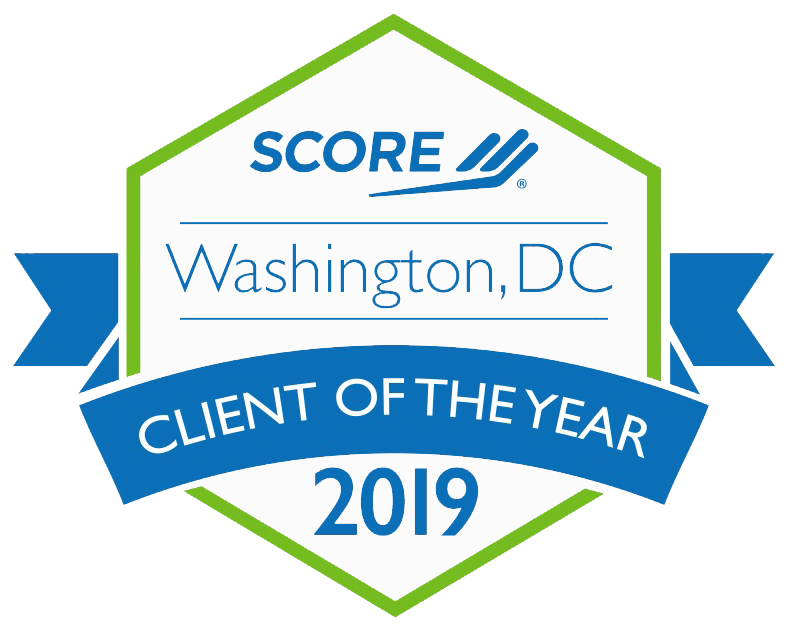Public and private grant nonprofit funding seem simple in definition. Public funding comes from a federal, state, or publicly funded agency, while private funding is awarded by non-corporate and corporate entities (includes grants and gifts). However, it’s not always black and white.
In order to decide whether to seek public or private funding, it’s important to understand the advantages and disadvantages of each. Below, we’ll discuss the differences between both sources of funding, and what will make the most sense for your organization.
What are the advantages and disadvantages of private funding?
Private funding can prove advantageous if you’re looking for a more rapid turnaround on the award. Since there are fewer levels of review and regulations than federal awards, the process becomes less convoluted. There are typically less applicants in the proposal pool as well, and private sources might provide a clearer focus for your organization. Many private sources focus on specific emerging issues and are often more willing to collaborate with other sources. In addition, private foundations are required by law to give away 5% of their average net assets each year. This comes in the form of grants and operating charitable activities.

Unfortunately, private funding awards are often smaller, which may make it more difficult to cover project costs. Some organizations change their focus as well, which might make it harder to predict funding down the line. In addition, the merit of private funding is often questioned. Think of prestigious colleges like Harvard and Yale. The names alone allude to some sort of increased credibility, as the applicant review process is rigorous and well-known. The same perception can apply to private funding, as the review process isn’t as rigorous as federal grants or contracts. Lastly, private funders (especially corporate ones in highly specialized sectors) have a tendency to be territorial. Sometimes they want to be the sole or lead supporter of initiatives, which can leave other funders or competitors unacknowledged.
What are the advantages and disadvantages of public funding?
To put it bluntly, federal agencies have more funds available, and for a wider range of organizations. They’re also more likely to cover the projects direct and indirect costs. In some cases, the support through concept development and the proposal process is more readily accessible, and the potential for future funding can feel more tangible.
While the consistent processes and procedures in public funding can be advantageous, they also pose challenges. Due to the volume of applicants, public agencies are susceptible to limited review time and sometimes find themselves in crisis management. The proposal requirements for public funding are often complex as well, so it’s important to review the application process thoroughly. Because these public funders have been established for some time, there’s also a chance that reviewers could favor applicants of tenure. Remember earlier when we discussed a change in focus as a disadvantage in private funding? Well, the failure to change focus can ironically act as a setback for public funding. Because these public funders are often well established, they have a tendency to get stuck in their ways. When these funders fail to propose new approaches to a problem, applicants might view these organizations as less progressive. And lastly, public funding can prove costly in the application process due to an increased number of applicants and stricter requirements.
Why is it important to know the source of funds?
Surprisingly, it’s not always easy to tell if an organization is publicly or privately funded. It’s important to establish this before pursuing an opportunity, as it sets the stage for the entire application process. For example, knowing which source of funding you’re going for will help determine the style and structure of your proposal. It’ll also help you to look at requirements and compliance guidelines to ensure funding eligibility.
What types of nonprofit funding has your organization pursued, and what were the successes and challenges of each? Leave us a comment below!
If your nonprofit funding needs help in public or private proposal development, RBW Strategy would love to help. We provide a variety of grant consulting services and create targeted solutions for fundraising challenges. Contact us today!





